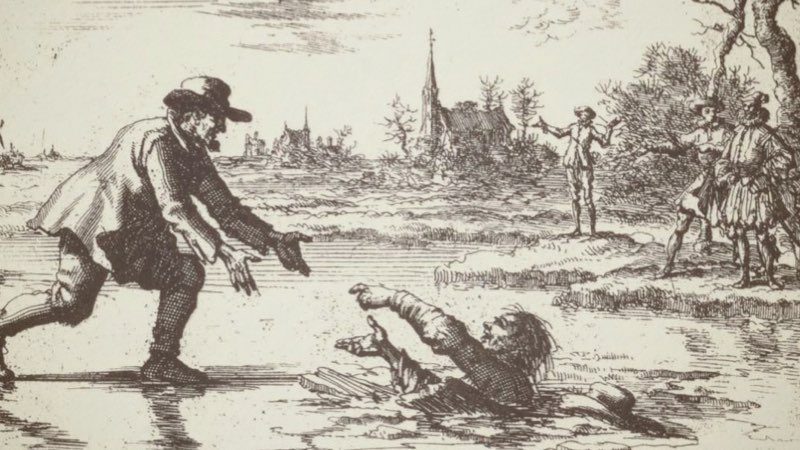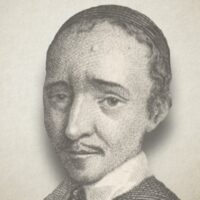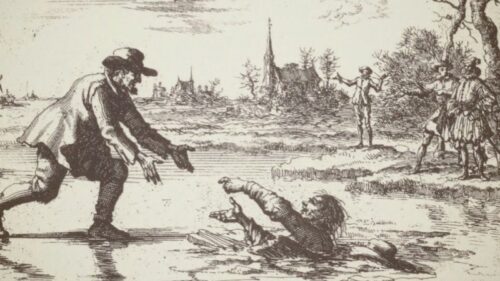
15. Of the False Church’s Claims (Part 1)
The Groundlessness of the Allegations Those Who are Accustomed to Deduce the Roman Succession from Peter the Holy Apostle, and Wherein this Consists of
Besides that the three proposed passages are of no use to the papists in proving the supremacy of Peter over the other apostles and the whole Christian church, there follow various reasons and circumstances which show clearly, that the succession of the popes, which they would deduce from Peter, cannot stand, but is unfounded and untrue.
For, to come to the point, it cannot be shown, that Peter was ever at Rome, (where the seat of the pope is placed), except at the close of his life, and then he was not received as pope, but was put to death as a martyr, with Paul, his fellow apostle, for the testimony of Jesus Christ, as we have circumstantially shown in the History of the Holy Martyrs,of the year 69 A. D. Also, Egesipp. Hist, van de verstoring Jerusalem, J. Bock, 2 cap. Also, IV. Band. Apopth. Christian, lib. i. ex Hieron. de vitis illuslribus. Johan. Strac. in jesto Johan. Evang, etc.
Eusebius quotes from Dionysius, a teacher of the church at Corinth, concerning the coming of Paul and Peter to Rome, as also concerning their preach- ing, which was the cause of their death, these words: They (namely Paul and Peter) were both together in our congregation at Corinth, teaching (from) there (on) throughout all Italy; they taught also in this city (namely, Rome, of which he had first spoken) ; where they both were crowned martyrs at the same time. Euseb. Pamph. Chron, Eccl. Edition of 1388 lib. 2. cap. 23.
He speaks of Peter’s coming to, and preaching at, Rome, even as if having taken place at the close of his life; and although he puts Paul’s coming and preaching in the same time, Paul’s coming to this city, nevertheless, happened much earlier than the coming of Peter, which took place shortly before their death; in which time both together preached the holy Gospel in that city.
That Paul was there much earlier and longer, appears from all the circumstances of the Acts of the apostles; for while Peter was preaching at Cesarea, Antioch, Jerusalem, and in other places, Paul was brought to Rome, and, having arrived there, “dwelt two whole years in his own hired house, and received all that came in unto him, preaching the kingdom of God, and teaching those things which concern the Lord Jesus Christ, with all confidence, no man forbidding him.” Here the account of the Acts of the Apostles ends, without mentioning anything further of Peter. See Acts 28:30. 31.
Thieleman J. Van Braght (1625-1664) was an Anabaptist who is best known for writing a history of the Christian witness throughout the centuries entitled “The Bloody Theater or Martyrs Mirror of the Defenseless Christians who baptized only upon confession of faith, and who suffered and died for the testimony of Jesus, their Saviour, from the time of Christ to the year A.D. 1660” (1660).
Thieleman J. Van Braght, Martyrs Mirror




